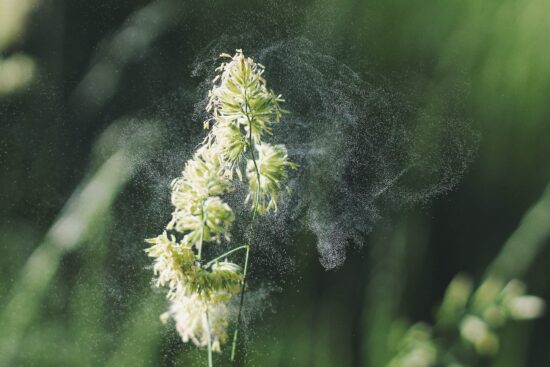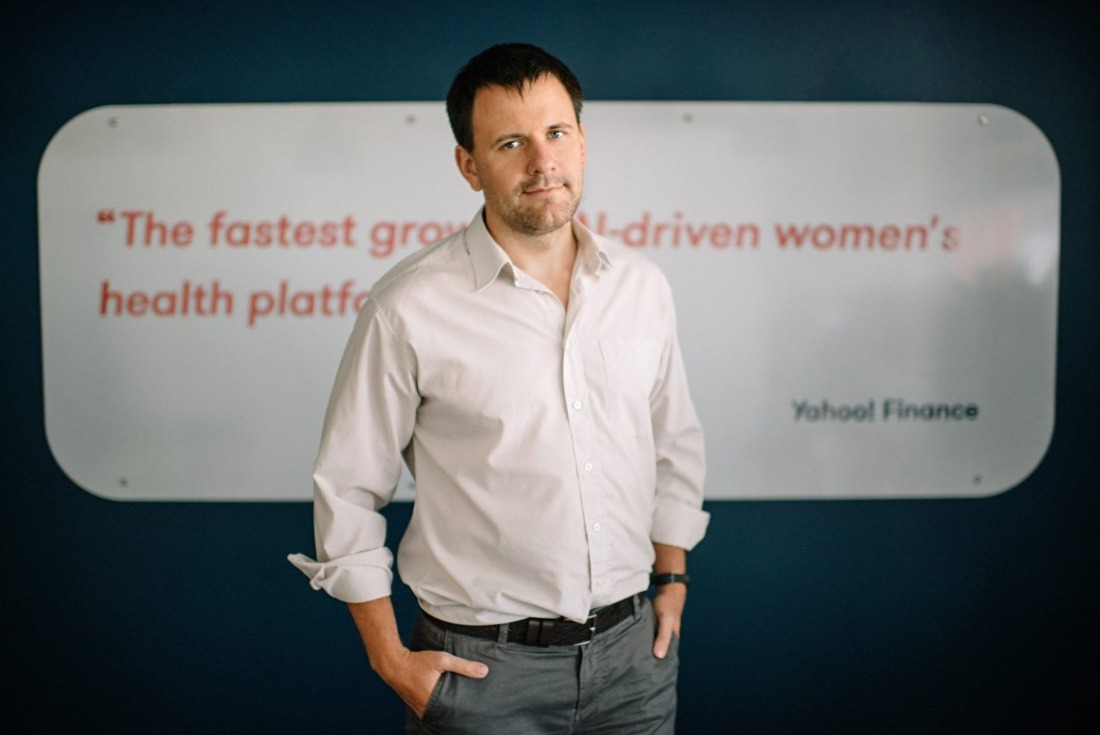Welcome to the next instalment of our trend foresights blog series from Ultra Violet Futures. We are the world’s first trend forecasting agency focused on FemTech, women’s and marginalised health innovation and we are working with FemTech.Live to bring you the industry insights before they hit the mainstream.
If you haven’t already seen it, we recently launched our first trend report The Future of Cycle Care: 2022 where we outlined the primary trends we anticipate will dominate the market next year and the drivers influencing the industry.
Each month we dissect each trend a little further and bring you more data, research and insights alongside the brands that are leading the way. The four key themes are:
- Precision Health sees a collaboration between healthcare and consumer brands creating more seamless, and patient centered experiences.
- Wellbeing Pollination shows that cycle care is everywhere in 2022. Cycle specific themes are being seen across different wellness offerings from beauty to nutrition. This is the one we delve into today.
- Environmental motivations in product development are already commonplace but there is a new generation of products and brands that are accelerating the industry’s conscious behaviours in Planet Positive. See our blog last month on this topic here
- Radical Inclusivity promotes the idea that periods are for everyone, not just women. People are challenging the language and imagery used when talking about the cycle, and demanding products that are suitable for everyone, including minority communities.
This month we bring you: Wellbeing Pollination, the concept that cycle care will permeate throughout all areas of the wellness sector in 2022 and beyond, not just those focused on menstruation.
Accelerated by the pandemic, people are valuing their wellbeing and mental wellness more than ever. Consumers will begin to not only expect, but demand, that wellness and self-care is baked into every element of their life and this extends to their cycle too. The direct connection between mental and physical health, and cycle stage, is no longer the preserve of wellbeing pioneers but an expectation of every brand and service we encounter.
One major trend that is rapidly gaining momentum and we will start to see much more prevalence next year is Super Cycling. It enables people to track their hormones and make nutritional, lifestyle and exercise decisions based on what will best suit the point they’re at in their cycle. Apps like Moody and Wild.AI are leading the way in educating users on what their cycle stage is and arming users with increasingly sophisticated information to help them understand their bodies with confidence. As these signals become stronger we anticipate it will become more common to train, eat and work according to the hormone cycle.
A few innovative brands are working with this trend to service people across their cycle stages but there is still so much opportunity for businesses from restaurants to travel agents to adopt this shift in mindset. Those leading the way are creating specialist beauty and skincare solutions designed specifically for the four menstrual cycle phases like Typology and Faace. They are using data on how each element of the cycle impacts the skin to influence product development and are defining a new category as a result.
Nutrition and meal planning can also benefit a great deal from catering to super cycling. MPowder, for example, is a nutritional supplement developed specifically for menopausal women. We anticipate seeing many more brands developing nutrition supplements specific to the cycle stage.
The innovation in period products – noted in our previous blog on the Planet Positive trend – recent years has given rise to innovation across the industry. Brands are beginning to look beyond menstruation and are providing month-long solutions to help manage symptoms outside of pms and bleeding. This is particularly noticeable with the creation of Self-Care Kits sold alongside period products.These kits provide consumers with holistic offerings to service their physical and emotional needs throughout their cycle . The kits act as practical support but also build brand loyalty as the additional contents can be used at any time throughout the month.
On the horizon expect to see more brand collaborations across the wellness industry and extensions of product ranges to accommodate this new consumer mindset.
Finally, we anticipate more time and resource put into developing IRL spaces offering more holistic health and wellness services. This is indicated by the healthcare industry taking its lead from wellness and looking to provide a more patient centered approach to care. A dialogue has started between health and architecture that is working to improve the psychological wellbeing of people in real world spaces to make them more comfortable and effective.
Kindbody is a great example of how this trend is beginning to manifest. They have taken a traditionally challenging journey, that of fertility, and offering a more holistic approach for patients. Their latest centre is designed as comfortably as a spa but with the services of a medical centre. Expect to see more examples of traditionally cold and impersonal experiences given a holistic makeover.
Cycle tracking has gained strong momentum and people with periods understand their hormones better than ever and are using this information to hack their wellbeing. Once the benefits of working with their cycle have been identified, a demand for products and experiences that supports this mentality surfaces. The opportunity to meet these needs within the wider wellness market is still relatively untapped by major retailers and brands but we anticipate seeing across pollination of products to support users throughout the month.
Brands across sectors take note and look at how your industry can better meet the needs of consumers based on their hormone cycle stage. There is still a huge untapped opportunity to lead the way in developing new and innovative products, IRL spaces and marketing communications to meet the needs of this emerging trend.
Some of the most innovative cycle care brands that are leading the Wellness Pollination revolution are:
There are a couple of cycle tracking apps that provide more than menstrual dates such as Moody which taps into women’s biology and habits, connecting them to faily nutrition, fitness and wellbeing tips based on their cycle stage. Wild.AI is a fitness first platform and provides detailed information on how best to train and refuel. With apps for athletes and their trainers, it spells a new revolution for targeted training. Pip offers a weekly newsletter packed with information on how to eat for your cycle stage but also pregnancy and postpartum hormone support information.
The brands leading the way in developing cycle stage specific products are, as mentioned above, Typology and FEWE which produces specific skincare for, follicular, ovulatory, luteal and period stages of the month whereas Faace offers period and menopause face masks. Talm is a new moisturising system for use during and after pregnancy. Beyond beauty we are also beginning to see nutritional supplements developed specifically for hormones from MPowder and Wild Nutrition.
Find holistic cycle self care in the world’s first cycle-store Unfabled that offers a one-stop solution for period products alongside a carefully curated selection of goods to manage symptoms across the month.
If you want your business to stay ahead of the curve, get in touch with us to discuss how our virtual presentations, strategic workshops and bespoke services can propel you towards a category definition future.







